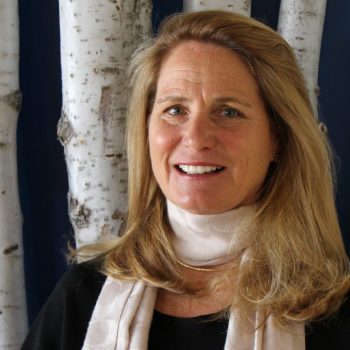Despite recent worldwide attention to advance the rights of women and girls, COVID-19 has eroded the little progress we have made on gender equality.
Here in the U.S., progress has slowed or stalled completely. Due to the pandemic’s dramatic impact on service and tourism industries – jobs predominantly held by women – the gender gap has expanded. Disruptions in school and child care have increased the domestic burden placed on women at home and reduced their ability to work. Inequitable pay and inequitable opportunities also continue to impact the financial well-being and economic future of women and girls. The World Economic Forum states that women won’t reach gender parity for 99.5 years, and recent reports claim this reality may be even further away due to the lasting impacts of COVID-19.
But there is good news – we have an unprecedented opportunity to cut this estimate in half. President-elect Joe Biden is already naming key women leaders to head federal agencies at unprecedented levels. The new administration has crafted a plan for women’s and families’ economic opportunity and well-being. Women and girls are organizing in powerful ways in communities across the country and are an essential driver for change if we want to emerge stronger than before.
On Dec. 8, we will engage in an ambitious conversation on what a policy agenda could look like over the next four years and what opportunities exist to exceed equity and justice expectations domestically. We invited three former leaders from past White House women and girls initiatives to share insights from their past administrations’ experiences to join us as we set a course for the future.




